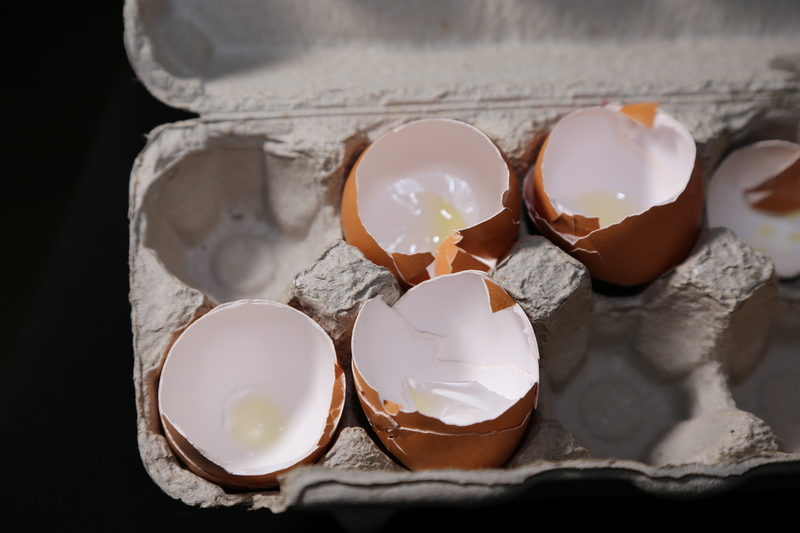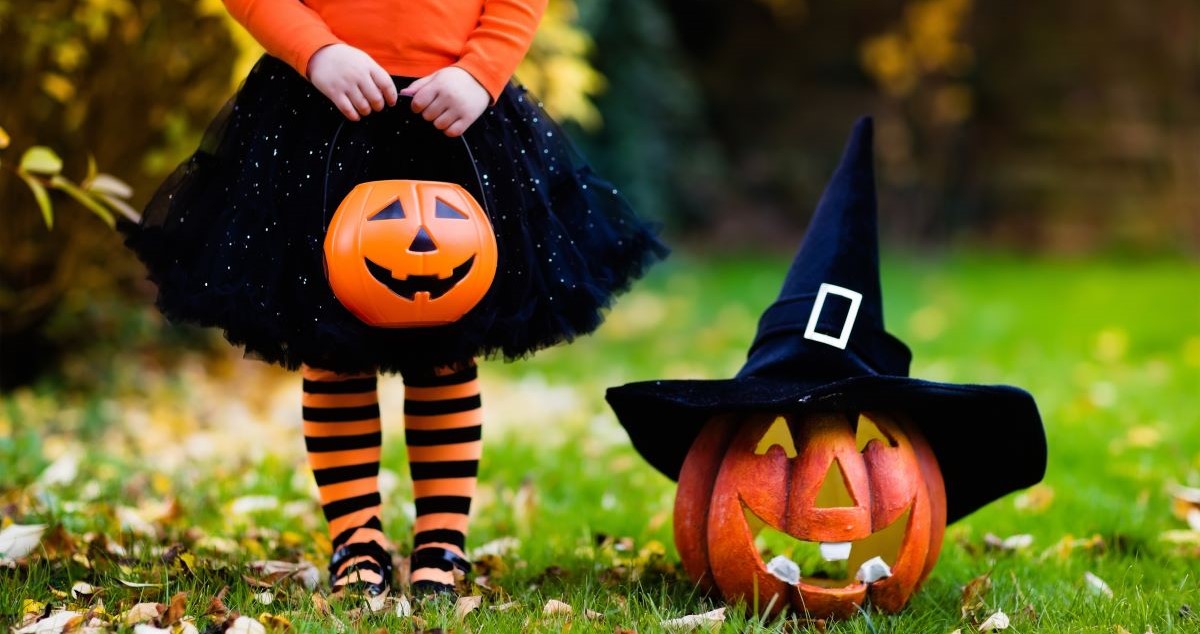Some countries have specific laws around Halloween and its celebration. For instance:
- In some American states, there is a lower and/or upper age limit for trick-or-treating.
- In Jordan, celebrating Halloween is illegal.
- In some parts of France, permission is needed to dress as a clown.
- Some Canadian provinces have curfew times for trick-or-treating.
But what’s the precise situation in the UK?
The UK does not have specific laws around the celebration of Halloween, e.g. in relation to trick-or-treating; rather, the general law is applied to Halloween activities.
A general legal principle is that something is permitted so long as it is not prohibited. This allows us to say that trick-or-treating, or other celebrations of Halloween, are not illegal unless they contravene any other UK law.

With regard to age limits for those who go trick-or-treating, there is no legal restriction in the UK from anyone of any age participating in these activities. However, parents need to ensure that their children are safe, and they must consider whether their child is of sufficient age not to be harmed by their participation in the celebrations. For instance, being frightened by what they see.
Participant age is also important in deciding whether the child goes out trick-or-treating unsupervised (either alone or with friends of a similar age), or with adult supervision. Again, it is the responsibility of parents to make the decision for their own children about appropriate supervision.
There is equally no restriction on the timing of Halloween activities, although again, for children it is the parents who decide when their child can go out to celebrate Halloween, and this will usually be closely related to the age of the child.
As well as making trick-or-treating a positive experience for those doing it, it should also be a positive (or at least neutral) experience for those who are having their doors knocked on. Not everyone participates in Halloween and there is a general right to enjoy one’s home. Having individuals or groups knocking on your door, demanding you provide a treat or face a trick, could be considered to be unwelcome or an intrusion.
The issue, then, is how to ensure that trick-or-treaters only visit those properties where they are welcome. Is the onus on those who welcome trick-or-treaters to put up a notice saying this – perhaps a pumpkin could be visibly placed – or is the onus on those who do not want to be disturbed to put up a notice saying that trick-or-treaters are not welcome?

From a legal perspective, if someone knocks on a door and politely states they are trick-or-treating and then politely exits the property if the occupier states they do not want to participate, that would be considered reasonable. However, if the trick-or-treaters continue to insist on the exchange, this becomes more intrusive and, depending on how long it persists, may risk being seen as harassment.
Then there is the nature of the ‘trick’ element of trick-or-treating. A small and harmless trick played on someone who is willing to take part is more likely to be seen as reasonable, but ‘flour bombing’ someone’s property or throwing eggs at a party is less reasonable, and could tip over into antisocial behaviour or even criminal damage.
Most trick-or-treating is a harmless celebration of Halloween, and the police have the power to intervene where trick-or-treating tips over into antisocial acts. An interesting point for parents of under-16s who go trick-or-treating is that here, it’s the parents who are responsible for paying any fines, e.g. those imposed for antisocial behaviour.
However you choose to celebrate (or not), may your Halloween be trickless and full of good treats.





Rate and Review
Rate this article
Review this article
Log into OpenLearn to leave reviews and join in the conversation.
Article reviews